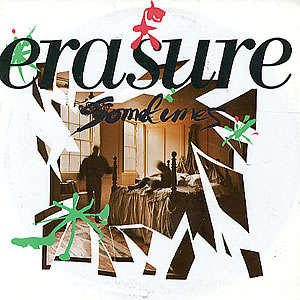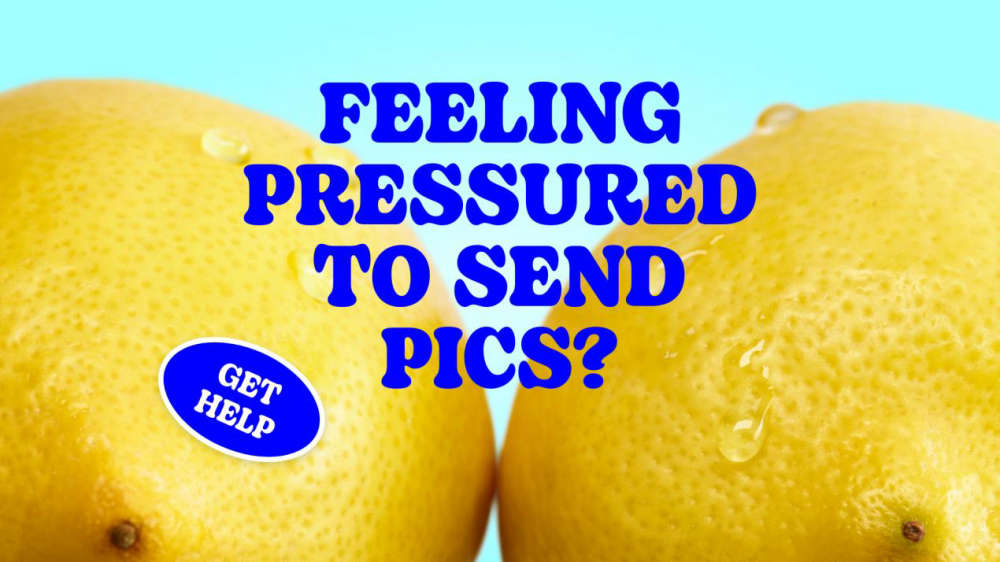
Have the conversation with any child in your care so they know they can reach out to you or another trusted person if they find themselves in a bad situation online: it is never their fault.
On 25 October Alexander McCartney was given a life sentence with a minimum of 20 years in jail for 185 charges of extreme online sexual abuse and blackmail against children aged 10-16, and for the manslaughter of a twelve year old girl in the US who took her own life following his abuse. His vile campaign of abuse was relentless and remorseless, and there are thought to be thousands more victims who are unknown.
McCartney created a fake persona online to befriend, exploit and abuse his victims. When people do this it’s known as “catfishing”, and they target people through social media and messaging apps, usually for abuse and fraud.
This could be to extort the victim into paying ever increasing amounts of money, which is known as “sextortion”. This often starts with the victim sharing a nude or sexual image only to find that the person they have shared it with is not who they think it is, and threatens the victim that their photos will be shared online with family and friends. Sextortion is often carried out by organised criminal gangs, operating outside the UK. Young people aged between 15 to 17, and adults over 30 are most at risk from sextortion.
Read more about sextortion and what to do if it happens, here - the key thing for victims is to know that they can tell a trusted parent, teacher or friend who can then start to help them: https://www.devon-cornwall.police.uk/advice/advice-and-information/sexual-offences/sextortion/
Alternatively, as in McCartney’s case, the victim may be threatened and coerced into committing sexual acts on themselves or with others on camera – this is sexual abuse regardless of there being no physical contact. The harm from this to young victims is enormous. You can read more about online child abuse here: https://www.devon-cornwall.police.uk/advice/advice-and-information/caa/child-abuse/online-child-abuse/
Awkward though it may be to talk about this, have the conversation with the children in your care to THINK BEFORE YOU SHARE. Young people are sharing nudes for all kinds of reasons – with people they know, and people they don’t. Those images are ending up in places they shouldn’t – with people who have no right to see them, let alone share them, and that can lead to serious harm.
Let them know that if they find themselves in trouble that it is not their fault, and that there is support for them.
There is more guidance in the Internet Watch Foundation “Think Before You Share” website, with special sections for teenagers, parents and carers, and teachers and educators: https://www.thinkbeforeyoushare.org/
Finally, the Report Remove service run by Childline is here to help young people under 18 in the UK to confidentially report sexual images and videos of themselves and remove them from the internet: https://www.childline.org.uk/info-advice/bullying-abuse-safety/online-mobile-safety/report-remove/
Have that conversation, sooner rather than later, it could save a child’s life.
Find out how to report child sexual abuse to Devon and Cornwall Police here: How to report possible child abuse | Devon & Cornwall Police

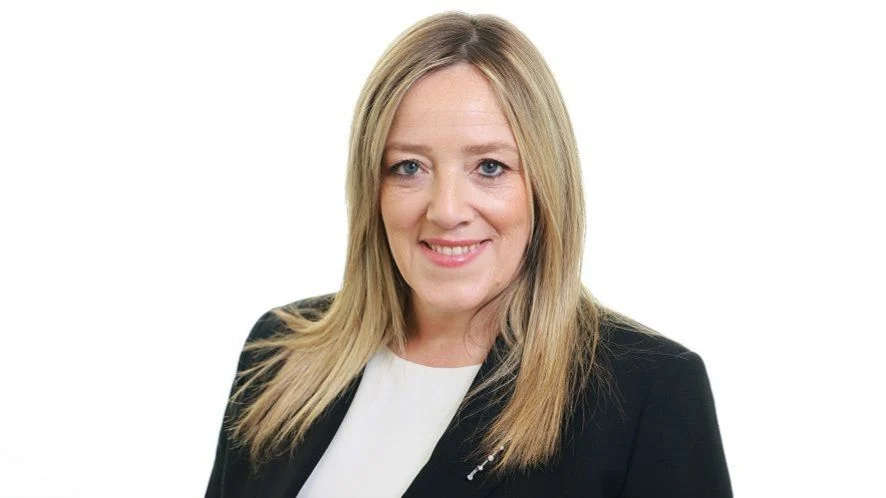 South West Water Boss Susan Davy Resigns Amid Growing Criticism
South West Water Boss Susan Davy Resigns Amid Growing Criticism
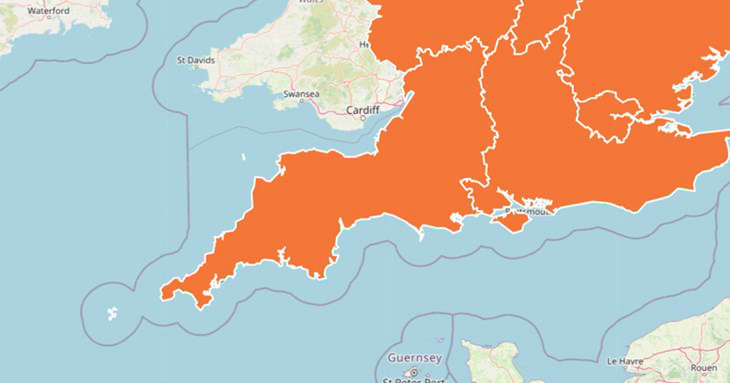 Amber heat-health alert issued for South West
Amber heat-health alert issued for South West
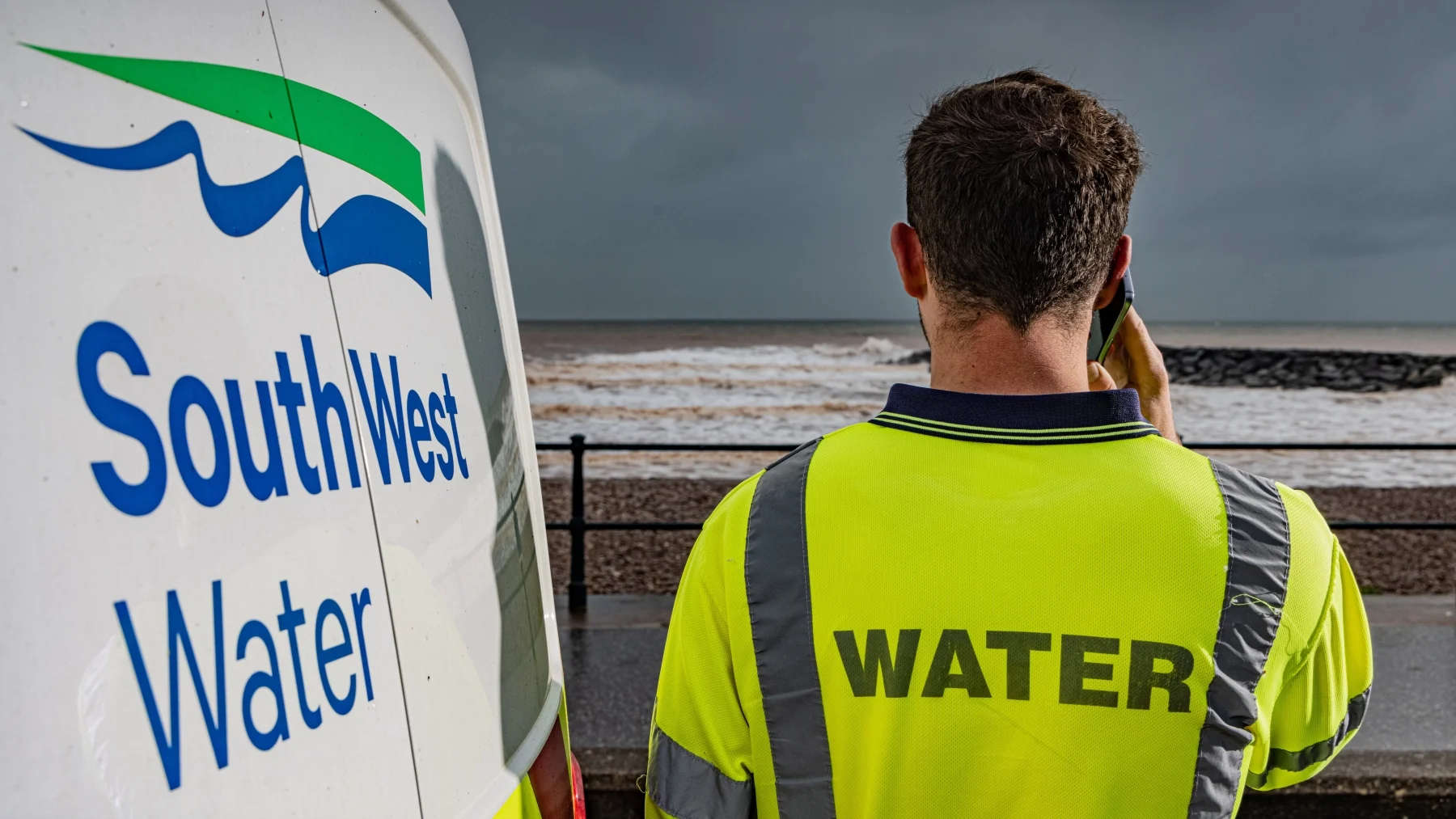 Ofwat proposes enforcement package for South West Water
Ofwat proposes enforcement package for South West Water
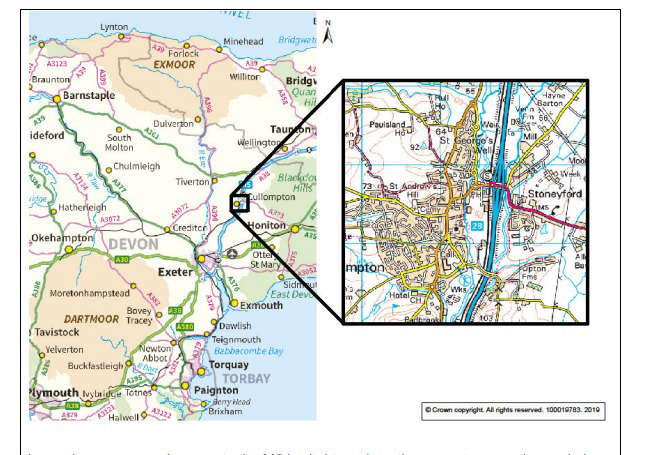 Blow as vital Devon M5 upgrade put on ‘maybe’ list
Blow as vital Devon M5 upgrade put on ‘maybe’ list


